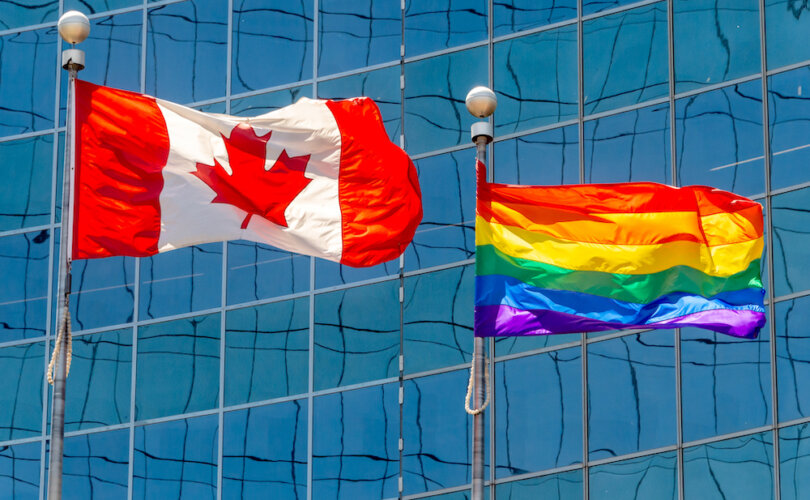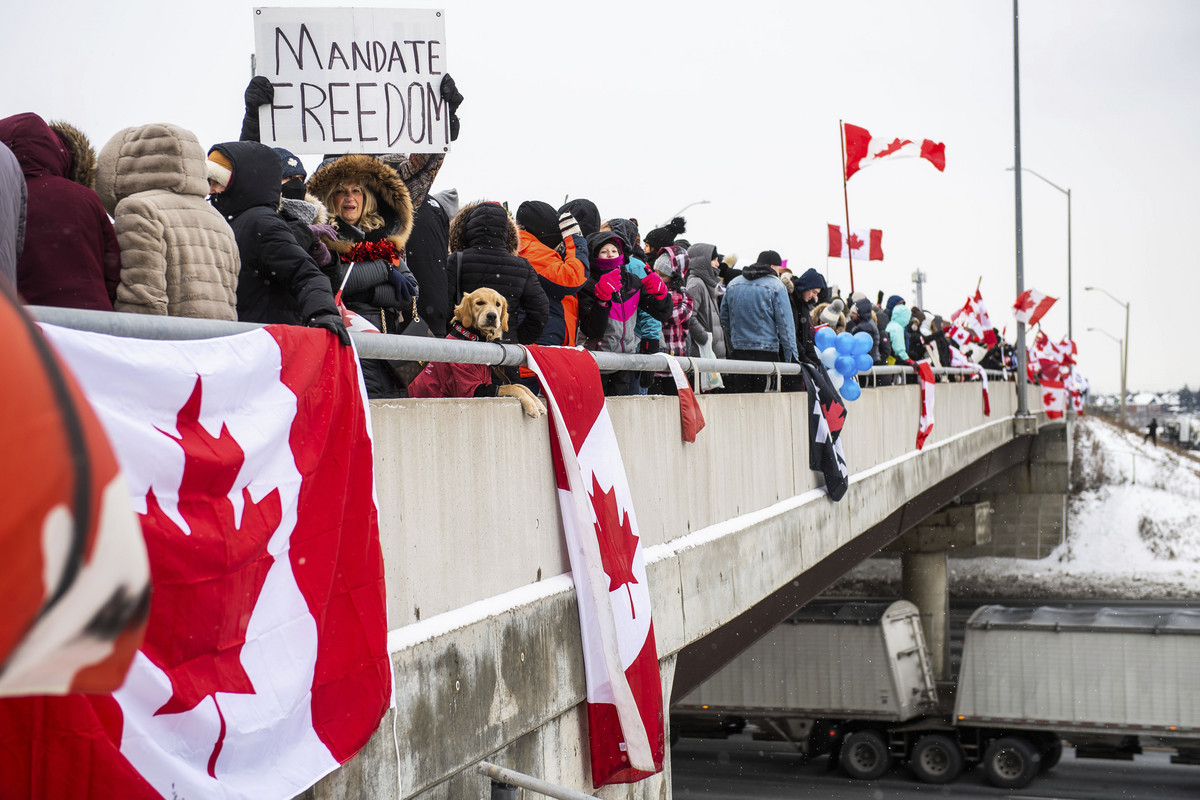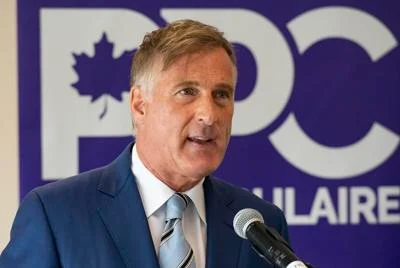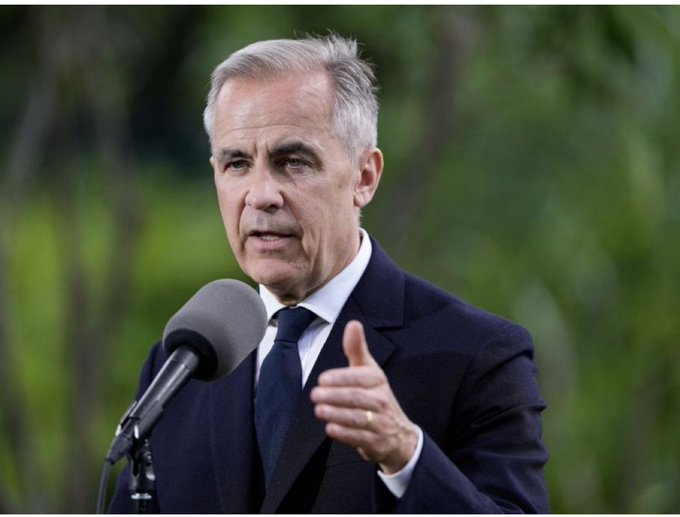Traveling with Trudeau’s Advisory – It’s like navigating a maze with rainbow-colored walls; you never know what’s around the next corner!
In the ever-evolving landscape of international travel, Prime Minister Trudeau’s latest travel advisory for 2SLGBTQI+ travelers raises eyebrows. Is it merely a friendly reminder to check local laws or a subtle critique of U.S. gender politics? As you embark on your journey, remember to keep your rainbow flag handy, and don’t forget your sense of humor; you might just need it in the land of gender controversies.
In recent developments, the Canadian federal government, led by Prime Minister Justin Trudeau, has issued a fresh travel advisory specifically tailored for 2SLGBTQI+ individuals planning trips to the United States. This advisory serves as a cautionary note, shedding light on potential challenges that travelers from the 2SLGBTQI+ community may encounter, especially in states where certain laws have been enacted, particularly those related to gender ideology and the rights of minors.
Understanding the Travel Advisory
The issuance of this advisory falls under the purview of Global Affairs Canada and finds its place in the “Laws and Culture” section dedicated to 2SLGBTQI+ travelers. In a straightforward manner, it states, “Some states have enacted laws and policies that may affect 2SLGBTQI+ persons.” The advisory further advises travelers to “check relevant state and local laws” to ensure a smooth and secure visit.
Government’s Commitment to Safety
Canada’s Finance Minister, Chrystia Freeland, emphasized the government’s commitment to the well-being of its citizens, stating that the advisory is an integral part of safeguarding “the safety of every single Canadian.” She emphasized that travel advisories are meticulously crafted by government professionals who diligently assess global conditions and potential risks to specific groups of Canadians.
The Unspecified Laws
The advisory does not specify which states have laws that may impact 2SLGBTQI+ travelers. However, it is widely assumed that the reference is made to states, particularly those led by Republican leadership, that have enacted or intend to enact legislation related to transgender surgeries, medical treatments for minors, and participation in sports categorized by gender.
Contrasting Canadian Policies
A striking contrast exists between the policies in Canada and those in certain U.S. states. Canada has notably allowed biological men who identify as women to compete in women’s sports, a recent example being “Anne” Andres, a gender-confused biological male who set a Canadian powerlifting record competing as a woman.
Reactions to the Advisory
The issuance of this advisory has not gone unnoticed, sparking various reactions. American swimmer turned conservative activist, Riley Gaines, criticized Prime Minister Trudeau, accusing him of having a “radical disdain for women” due to his support for policies that allow transgender women to compete in women’s sports.
Broader Context
It is essential to recognize that advisories pertaining to 2SLGBTQI+ travelers already exist, but these typically relate to travel to countries where laws criminalize same-sex relationships or where such acts may carry the death penalty, as is the case in nations like Saudi Arabia.
Canada’s Support for LGBT Causes
The Trudeau government has actively supported LGBT causes, allocating substantial taxpayer funds to various LGBT groups. This support has been evident through initiatives like the provision of additional funding, totaling $1.5 million, for “pride” month events, with a specific focus on enhancing security during parades and related activities.
A Glimpse at U.S. Legislation
LifeSiteNews has compiled a map highlighting U.S. states that have implemented restrictions or outright bans on gender transitions for minors. These measures have garnered significant attention and debate on both sides of the ideological spectrum.
Looking Ahead in U.S. Politics
Canada’s Foreign Affairs Minister, Melanie Joly, has revealed that the federal government is formulating a strategic plan in case the United States elects a “far-right” president in the 2024 elections, indicating the government’s intention to adapt to changing political landscapes.
Pushback Against Radical Ideology
Across Canada, there is a growing movement opposing what some perceive as radical LGBT ideology, especially in the context of sports and education. The upcoming “Million Person March” scheduled for September 20 in Ottawa, led by Muslim activists, serves as an example of the ongoing pushback against the LGBT agenda.










